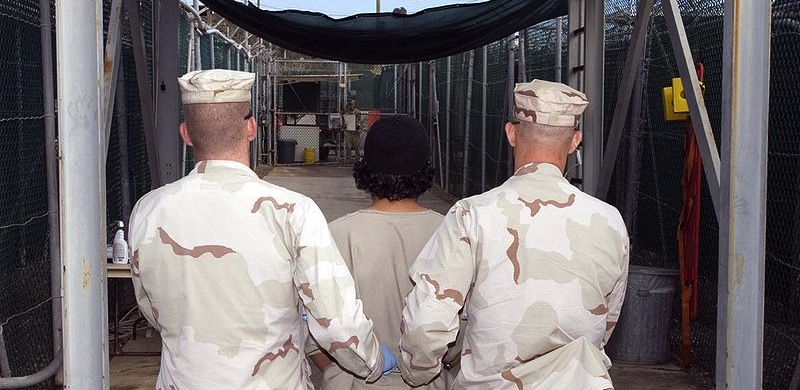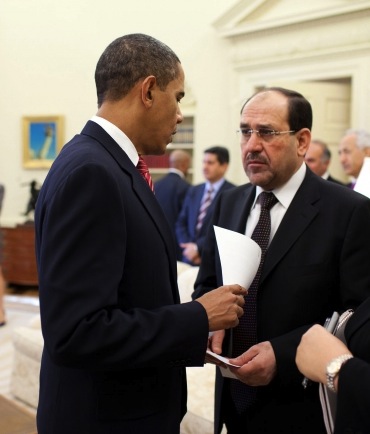
During his confirmation process to become Secretary of Defense, Chuck Hagel delivered a slip of the tongue when describing his support for the Obama administration’s policy of “containment” of Iran. With cameras rolling and Senators ready to pounce, somebody passed Hagel a note, at which point Hagel corrected himself: “I misspoke and said I supported the president’s position on containment. If I said that, I meant to say we don’t have a position on containment,” an embarrassed Hagel said.
The episode was an illustration of how low the bar for war has moved. Nowadays, advocating containment is akin to supporting Iran’s right to obtain and and then drop an atom bomb right on top of Washington. The US “contained” the Soviet Union and Mao-led China with thousands of nukes, but Iran cannot be contained. Not these days: now containment is appeasement. Never mind the fact that many of today’s hawks advocated containment of Iraq in the 1990s before it became fashionable to advocate prevention.
But it’s worth taking a closer look at what “containment” actually means. In the famous Truman-era top secret policy paper NSC-68, which pronounced an expansive and aggressive foreign policy for the Cold War, “containment” is described as “a policy of calculated and gradual coercion.”
“Simply put,” writes Christopher Layne in The Peace of Illusions, NSC 68 stipulated that the ultimate aim of U.S. grand strategy was, by means short of hot war, to eliminate the Soviet Union as a peer competitor by using a preponderant U.S. power to force the retraction of Soviet influence and control from regions beyond the borders of the Soviet Union, and, ultimately, to bring about regime change inside the Soviet Union itself.”
This fits with recent history, too. Prior to the Bush administration’s war of aggression in 2003, Washington viewed Iraq as the greatest threat to US dominance in the Middle East. In Iraq in the 1990s, the policy of “containment” manifested in a progressively draconian economic blockade that destroyed the country, occasional bombing campaigns through a US-led no-fly zone, and an open policy of supporting domestic groups aiming to overthrow Saddam Hussein. Ultimately, this set the stage for regime change in 2003.
“Calculated and gradual coercion.”
If that’s how “containment” played out in Iraq, how is it going to turn out for Iran when even “containment” is considered too dovish? The US has already imposed a cruel set of sweeping economic sanctions aimed at “crippling” the Iranian economy, waged cyber-warfare, aided and abetted terrorist groups advocating the overthrow of the regime, and supported Israel as it carried out illegal assassinations of Iranian scientists. The international negotiations are so far going nowhere, primarily because the US clearly isn’t interested in a deal.
“Just as they did with Saddam Hussein,” wrote two former diplomats in Foreign Affairs last year, “concerned governments have implemented economic sanctions, diplomatic isolation, and low-level violence to weaken the Iranian regime and prevent it from acquiring nuclear weapons, with the long-term objective of regime change.”






 Now, the White House has
Now, the White House has